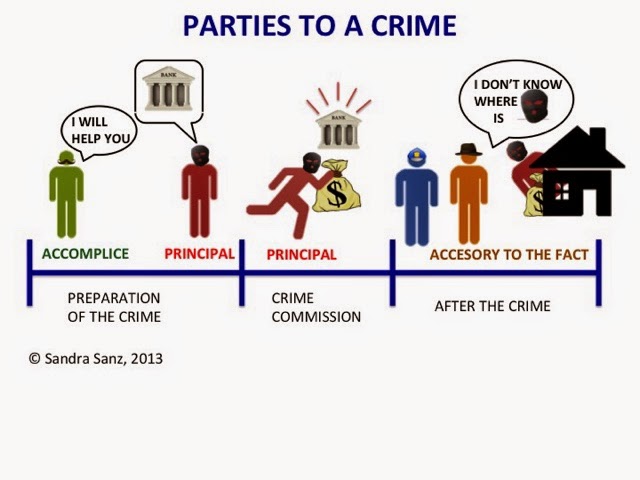Respondent Versus Accused Versus Convict
We have always come across the terms Respondent, Accused and Convict. From the news we saw and heard in television, from what we have read on our Facebook accounts and even from the small chika-chika we have in our friends, these terms seem ubiquitous and always present.
However, from the minds of the common tao, these terms are referring to the same person. They are associated with the person/s involved with the commission of the crime, so to speak.
Although these terms are associated with each other but they are not entirely related. Thus, to erase the clouds among the association of these terms, I will differentiate them in the context where they are used, particularly, in criminal action.
Respondent:
Before a criminal action is filed in criminal court, it is first filed before the Office of the Prosecution. The lawyers in the Office of the Prosecution are called Prosecutors or better known as Fiscals.
When a criminal action is filed in fiscal's office, the person whom the criminal action is charged against is known as a RESPONDENT.
Thus, in the most controversial cases filed today, I am referring to Navarro-Cornejo-Lee cases, Navarro is the respondent in the rape case filed by Cornejo. In the same vein, Cornejo and Lee are the respondents in the criminal cases of serious physical detention, serious illegal detention, grave threats, among others, filed by Navarro.
Accused:
When the criminal action filed in the Office of the Prosecution prospers, meaning, the handling prosecutor finds an improbable cause that the respondent committed the crime charged, the criminal action is then filed before the proper court.
Now, when the case is already in the court, the person charged with the criminal action is no longer called as the Respondent but he is called as the Accused.
But it does not mean that the accused already guilty of the crime charged. In our justice system, all the accused are presumed innocent unless proven otherwise. Thus, an accused is still innocent in the eyes of our laws despite a truckload of evidences against him.
Convict:
When after hearing, the court finds the accused guilty beyond reasonable doubt, and the guilty decision against him becomes final already, the person charged with the crime is now called as the Convict.
A convict is already guilty beyond reasonable (walang kaduda-duda) that he committed the crime charged against him.


Comments
Post a Comment